
‘I’ve listened to damaging bullsh*t about our community for 30 years’: advocacy and burning out
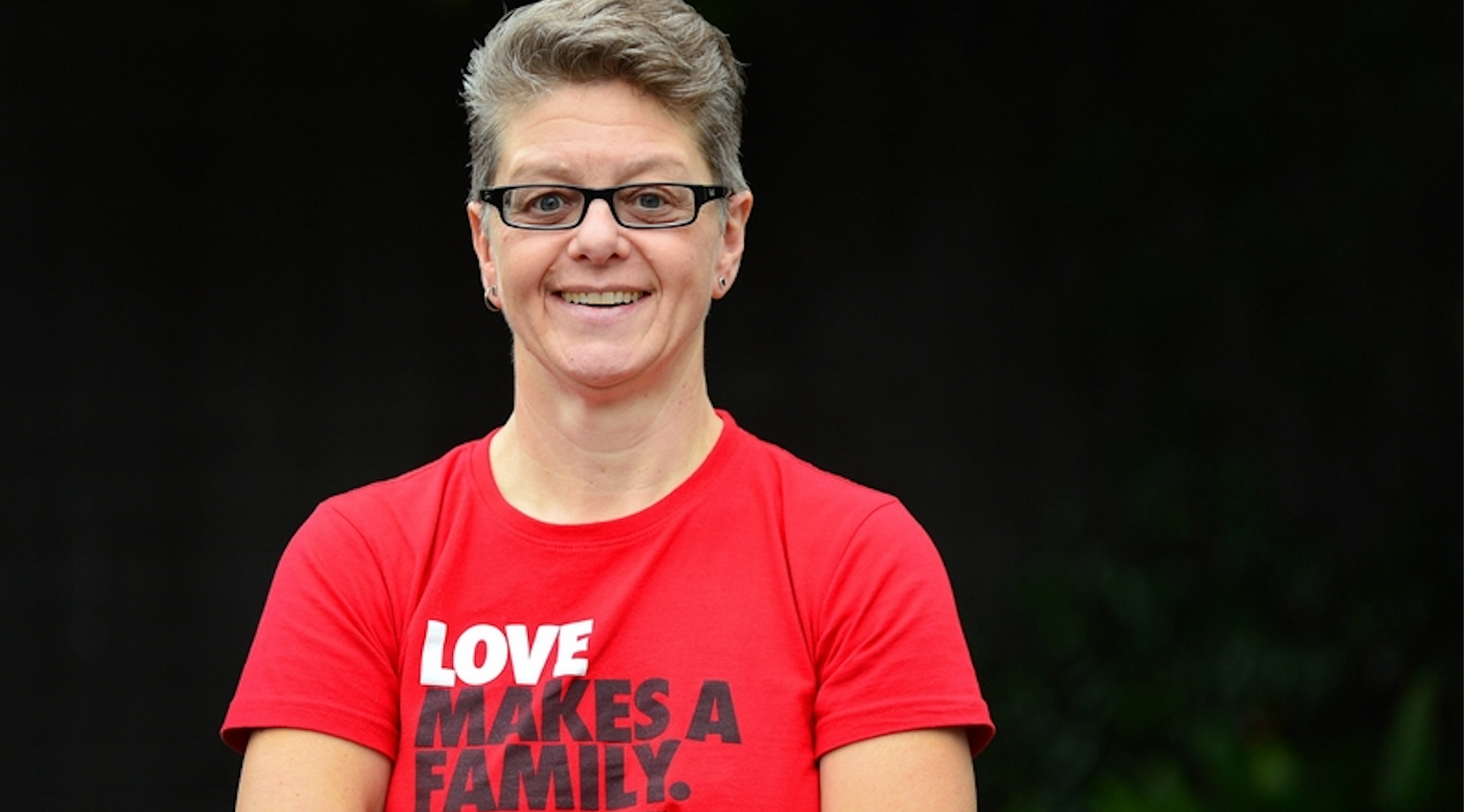
Long-time LGBTIQ+ advocate Jac Tomlins on mental health, triggers, and burning out among campaigners and activists. Content warning: Discussion of mental health, trauma and pain in the community.
***
Recently I attended a wedding of two friends, Nathan and Nathanael.
By any measure it was a fabulous event: a picturesque location, a lovely venue, funny and deeply moving speeches. It was joyous from start to finish and I wouldn’t have missed it for the world.
I cried. A lot. But that’s normal isn’t it, to cry at a wedding? The tears kicked in pretty quickly actually, during the opening preamble from the celebrant, and way before the main event.
Welcome everyone, my name is Cath and I am duly authorised by law to solemnise marriages according to law. Marriage, according to law in Australia, is the union of two people to the exclusion of all others voluntarily entered into for life.
That’s the monitum marriage celebrants are required to recite at the beginning of any wedding, the monitum that replaced the union of one man and one woman on December 9th, 2017.
It’s hearing those five words, the union of two people that sets me off. It leaves me breathless, literally, so that I have to sit up straight and gulp down air.
I glance around at all the queers assembled at our long table and I know I’m not the only one struggling with this. But then maybe that’s understandable; we fought a long and brutal battle and it’s not surprising that weddings are a trigger.
And if it was just that, I wouldn’t be worried, but the next morning I’m unloading the dishwasher and I notice that I’m crying. And I have to put a lot of effort into not crying while I’m making the kids’ breakfast, but then it starts again while I’m clearing away the milk and Coco Pops.
Something tells me this is not quite right. Sarah asks what’s going on and the best I can muster is: ‘I don’t know… about yesterday… not sure.’
I’m not depressed or anxious and, most of the time, I’m completely okay and fully functional, but the tears today do feel a little, well… uncontrollable.
So over the next couple of weeks, I do a kind of emotional stock-take and think about everything that’s happened in the last few years.
To be honest, I generally try to avoid this sort of thing, but I think that’s the point, isn’t it? So much easier not to open that can when you’re pretty sure it’s full of worms.
Most people who work with our community in a professional capacity – counsellors, youth workers, front-line service providers – undertake regular supervision to manage the emotional strain of their job, and have access to professional counselling, but it occurs to me that advocates, campaigners and activists – and there are an awful lot of you out there – don’t.
In fact, I’m not sure what we do for de-briefing and self-care, or if we do anything at all.
I calculate that I’ve been an advocate for 30 years and I’ve been listening to damaging bullshit about our community that entire time.
It started for me in the 1980s with Margaret Thatcher and her attacks on gay teachers and ‘pretended’ families.
Now it’s the current government attacking, oh that’s right, LGBTI+ teachers and rainbow families.
Over those 30 years, I’ve listened to literally hundreds of stories from people in our community for the work that I do, for research, articles, or resources – stories about struggles, triumphs, and pain.
What I’ve realised is that I can’t do that anymore. I cannot engage with our community’s pain. I’ve reached my tipping point. In fact, I cannot engage with anybody’s pain, full stop.
So, recently, I trawled through Facebook and unfriended some fifty or so people; most of them not friends in real life, but people who had connected with me through my advocacy and campaigning work.
What those people had in common is that they posted links or shared personal stories that broadly related to mental health – sometimes just day-to-day struggles, sometimes details of abuse or trauma.
Either way, I couldn’t read them; they made me breathless, too. I felt bad for unfriending people, guilty almost, but I did it anyway.
I cannot cope, at all, with posts about Indonesian lesbians being publicly caned, or gay men being thrown off buildings in Saudi Arabia, or trans folk being tortured and murdered in South America.
It’s not just the horrific nature of those stories that send me into a downward spiral, but the feeling that I have absolutely no capacity to influence any of them.
I should sign that petition, I know, but I don’t. I should send that email, but I don’t. More than that, I should care, but I don’t. Not anymore.
Newspapers and radio are out, too. There are terrible things happening in the world and I don’t care about them either.
I cannot read, listen to, or engage in any way with stories – real or fictional – about violence against women.
I couldn’t even watch the trailers for The Handmaid’s Tale, let alone the series, and I could no more attend a silent vigil for a murdered student than fly to the moon.
And there’s other stuff, too.
I’m your classic two-pot-screamer, but is there a bottle of New Zealand sauvignon blanc sitting permanently in the fridge? Do I buy them three at a time when they’re on special? Do I check the clock at around 5.00 pm most evenings and pour myself a glass?
Yup. All of the above.
I have a recurring pain on the left side of my neck which comes and goes. It’s a stress response that started years ago and which I’ve mostly been able to manage with exercise and stretching.
Of late though, it’s worse; it’s more intense and it’s spread down though my shoulder and it’s harder to shift. I can’t be bothered doing the exercises anymore, especially when a packet of anti-inflammatories does the trick.
But crying over the Coco Pops was a bit of a wake-up call and I thought it might be wise to check in with a psychologist friend of mine.
We talked about burnout, and compassion fatigue, and vicarious trauma, a term that keeps cropping up lately.
If you’re regularly exposed to other people’s trauma, my friend explained, you can, over time, develop your own symptoms of trauma. A key characteristic of vicarious trauma is that people change their core beliefs so they may no longer see the world as essentially safe, or see people as fundamentally good.
Where that happens, it’s time to talk to someone.
Me? I mostly feel tired. Compassion fatigue? Probably. Burn out? Definitely. But with a bit of time and processing, I think I’ve worked out what happened on Coco Pops Day and that’s been helpful.
I’ve been living with minority stress my entire life – as we all have. I don’t even notice it anymore; I just take it for granted. But every now and again – and quite often lately – something happens which knocks me for six. And I remember random events from those thirty years, like a bad dream where people and places coexist where they couldn’t possibly in reality.
So I’m 24 and I’m walking home from a gay club in London on my own and the road is poorly lit and the tube station is ten minutes away and periodically people get beaten up leaving this club and I’m scared.
And then I’m in Melbourne scrolling down my News Feed and I see some awful post about the damage done to children who have queer parents and the weight of twenty years’ public denigration of my family bears down on me.
I’ve written an article for The Age that draws on some personal lived experience and I make the mistake of reading the jaw-droppingly vile comments posted underneath, some of them about my kids, and that worries me.
It’s a sunny Friday afternoon in June and I’ve just come out at school in my probationary teaching year and now everyone knows I’m gay and I’m not sure how I’ll get through the weekend, because I don’t know if I’ll still have a job on Monday.
Those, and a hundred other recollections, come back to me, one after the other, over and over. And that’s what happened on Coco Pops Day.
Which brings me to the point of this article. The first time I indulged in a little public, emotional over-sharing was during the early stages of the postal survey when I had a meltdown about asking the shopkeepers on my high street to put up ‘Yes’ posters.
The second time was in a blog when I was feeling completely crap in the immediate aftermath of the ‘Yes’ vote.
On both occasions, I felt vaguely embarrassed, a little exposed, but mostly worried that people would think I was looking for sympathy, ‘fishing for likes’ as the kids call it, but that didn’t happen.
Instead, lots of people messaged or emailed me to say that they felt like crap, too – and that knowing other people felt like crap, too actually made them feel better.
Some told a friend how they felt, some shared it with a partner, some sought professional help. They felt a little less guilty, less inadequate, less alone. They gave themselves permission to take a break, to say ‘no’, to take up pottery or ballroom dancing or whatever.
My therapy has always been writing which is handy, but I’ve also made some positive changes to my life to manage my mental health.
I’m not sure I’ll ever be able to hear the union of two people without losing the plot just slightly, and that’s okay. But I do plan to get through breakfast without crying into the Coco Pops.
Switchboard | Q Life: 1800 184 527 3pm – midnight, everyday
Lifeline Australia | 13 11 14 – crisis support and suicide prevention 24 hours




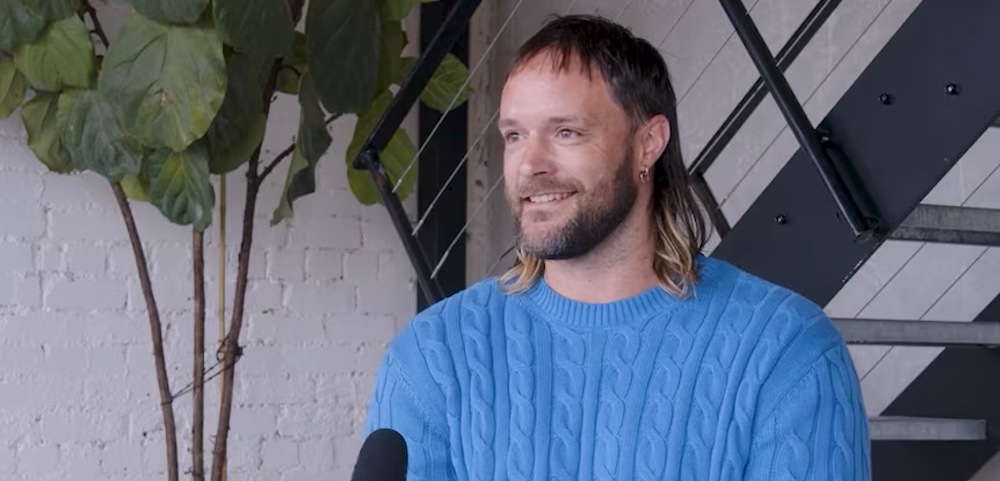


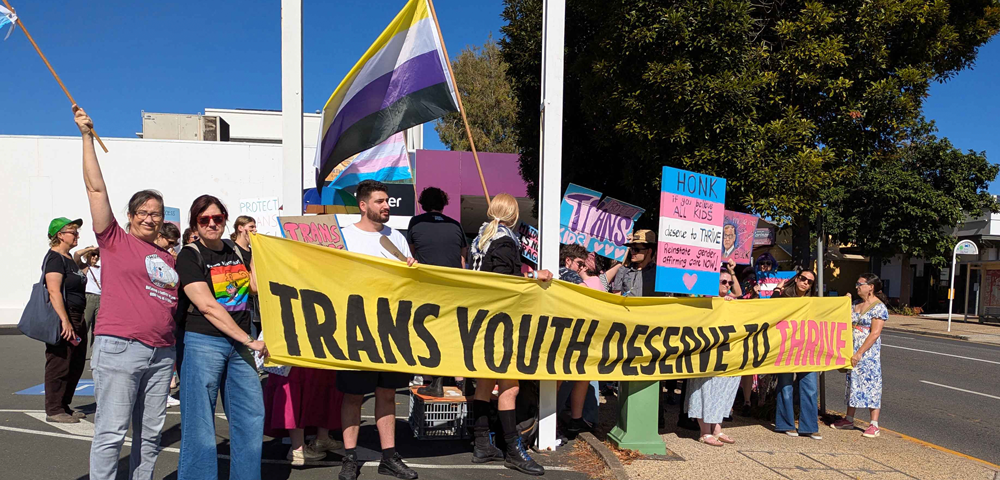
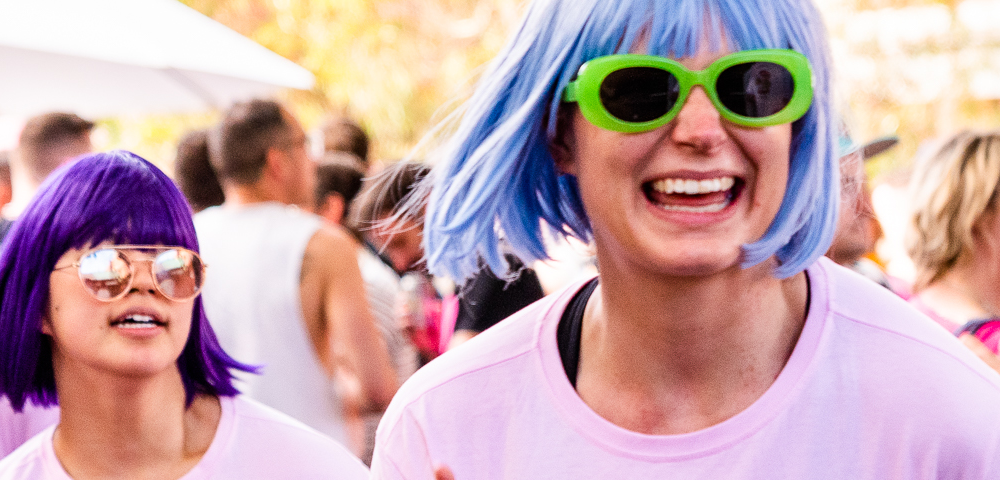
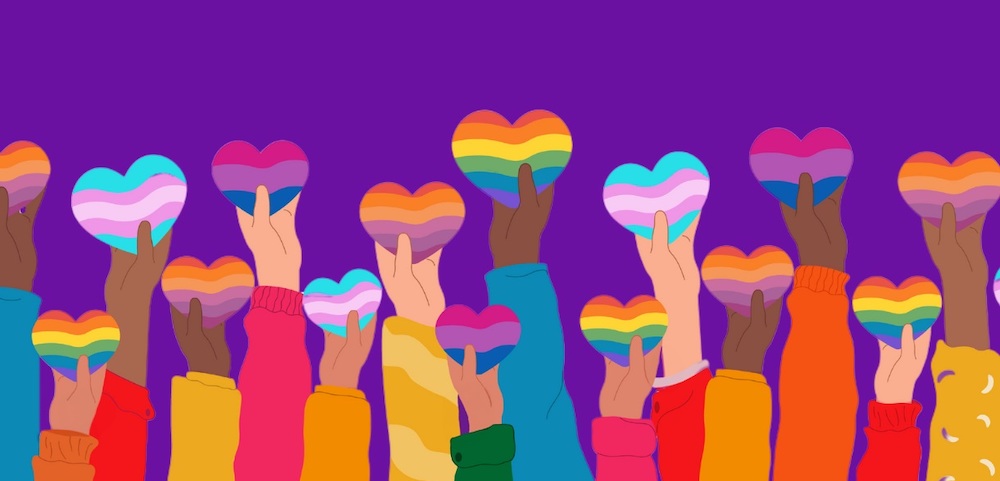
Thanks Jac. I have my moments too. xxx